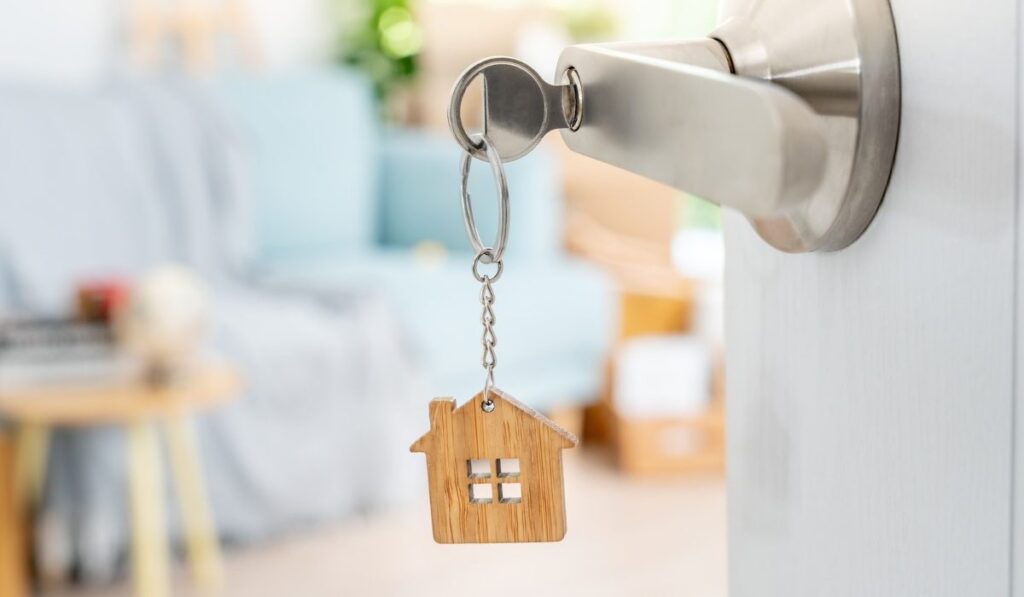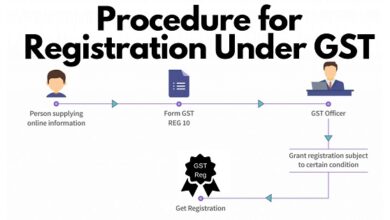How to Financially Prepare for Buying Your First Home: A Complete Guide
 Buying your first home is an exciting milestone, but it’s also a big financial commitment. Preparing yourself financially can be the key to ensuring a smooth home-buying experience, and can help you avoid any surprises that could derail your plans. Whether you’re ready to start the home search or are simply exploring the process, this guide will walk you through how to financially prepare for buying your first home.
Buying your first home is an exciting milestone, but it’s also a big financial commitment. Preparing yourself financially can be the key to ensuring a smooth home-buying experience, and can help you avoid any surprises that could derail your plans. Whether you’re ready to start the home search or are simply exploring the process, this guide will walk you through how to financially prepare for buying your first home.
1. Assess Your Financial Health
Before diving into the home-buying process, it’s essential to have a clear understanding of your current financial situation. This will give you a solid foundation for planning the next steps.
- Review Your Credit Score: Your credit score will play a significant role in determining the mortgage rate you qualify for. Lenders generally offer better rates to buyers with higher credit scores. Aim for a score of at least 620, though a score above 700 will typically secure you a more favorable rate.
- Calculate Your Debt-to-Income Ratio (DTI): Lenders look at your DTI to evaluate your ability to manage monthly payments and repay debts. Generally, a DTI ratio of 36% or less is ideal, although some lenders may approve you with a higher ratio.
- Examine Your Savings: A healthy savings account will help cover down payments, closing costs, and other home-buying expenses. Ideally, you should aim to have at least 3-20% of the home price saved for a down payment, depending on the type of loan you pursue.
2. Save for a Down Payment and Closing Costs
One of the biggest financial hurdles when buying a home is saving for a down payment. Here’s how you can prepare:
- Down Payment: The down payment is typically the largest upfront expense when purchasing a home. While many first-time buyers aim for a 20% down payment, there are programs available that allow for smaller down payments (as low as 3%). The type of loan you qualify for, along with your credit score and financial situation, will impact the down payment amount.
- Closing Costs: In addition to the down payment, there are closing costs, which generally range from 2-5% of the home’s purchase price. These fees cover services like title searches, appraisal costs, inspection fees, and attorney fees. Be sure to set aside funds for these costs to avoid surprises during the final stages of the home-buying process.
3. Determine What You Can Afford
It’s important to know exactly what you can afford before starting your home search. Buying a home that is too expensive can lead to financial strain, while purchasing one that fits comfortably within your budget can provide long-term peace of mind.
- Use a Mortgage Calculator: Online mortgage calculators can help you estimate your monthly payments based on the home price, interest rate, down payment, and loan term. This can give you a clearer picture of what you can afford.
- Consider Other Expenses: Don’t forget to factor in ongoing homeownership costs like property taxes, homeowners insurance, utilities, and home maintenance. Be sure to leave room in your budget for these expenses, as they can quickly add up.
- Get Pre-Approved for a Mortgage: Before you start house-hunting, seek pre-approval from a lender. This process involves a thorough review of your financials and gives you a clear idea of how much a bank or lender is willing to lend you. It will also show sellers that you are a serious buyer, giving you an edge in a competitive housing market.
4. Explore Loan Options
There are various types of mortgages available for first-time homebuyers, and understanding your options will help you select the best one for your financial situation.
- Conventional Loans: These are standard loans offered by private lenders and typically require a 20% down payment. However, some programs may offer lower down payment options if you have a higher credit score.
- FHA Loans: These loans are backed by the Federal Housing Administration and are ideal for buyers with lower credit scores or smaller down payments. With an FHA loan, you may only need a 3.5% down payment.
- VA Loans: If you’re a veteran or active-duty military member, you may qualify for a VA loan, which offers competitive interest rates and often requires no down payment or private mortgage insurance (PMI).
- USDA Loans: If you’re buying in a rural or suburban area, you may be eligible for a USDA loan, which also requires no down payment. These loans are designed to promote homeownership in underserved areas.
It’s a good idea to consult with a mortgage advisor or financial planner to determine the best loan type for your circumstances.
5. Build an Emergency Fund
Before purchasing a home, it’s important to have a solid emergency fund in place. Homeownership comes with unforeseen expenses, such as home repairs and unexpected bills, and having a safety net will protect you from financial hardship.
Experts recommend having three to six months’ worth of living expenses set aside for emergencies. This fund will give you peace of mind as you navigate the responsibilities of homeownership.
6. Understand the Importance of Home Insurance
Homeowners insurance is essential for protecting your property, and many lenders will require it as part of the mortgage agreement. Home insurance covers damages to your home from events such as fire, theft, or natural disasters.
When shopping for insurance, consider the coverage limits and ensure that the policy protects both the structure of your home and your personal belongings. Be sure to factor in the cost of insurance when budgeting for your new home.
7. Work with a Real Estate Agent
While buying a home may feel overwhelming, working with a knowledgeable real estate agent can make the process easier. A good agent will help you find homes within your budget, negotiate on your behalf, and guide you through every step of the process. They can also help you understand the market and provide recommendations on homes that are a good financial fit for your needs.
8. Stay Disciplined and Avoid Large Purchases
Once you’ve started the process of buying a home, it’s essential to stay financially disciplined. Avoid making large purchases or taking on new debt during this time, as it can impact your credit score and your debt-to-income ratio. Lenders may also recheck your financials before finalizing your mortgage approval, and any new financial changes could delay the process or even cause you to lose your loan.
9. Consider Future Financial Goals
Finally, when preparing to buy your first home, take time to consider your future financial goals. Buying a home is a long-term commitment, so think about how it fits into your broader financial plan. This includes considering potential career changes, family growth, or retirement goals.
By taking the time to align your home purchase with your overall financial objectives, you’ll be in a stronger position to succeed financially over the long term.
Final Thoughts
Buying your first home is an exciting and significant achievement, but it requires careful financial preparation. By assessing your financial health, saving for a down payment and closing costs, and selecting the right loan option, you’ll be well on your way to homeownership. With careful planning, disciplined saving, and the right resources, you can financially prepare for buying your first home and make the process as smooth and rewarding as possible.
